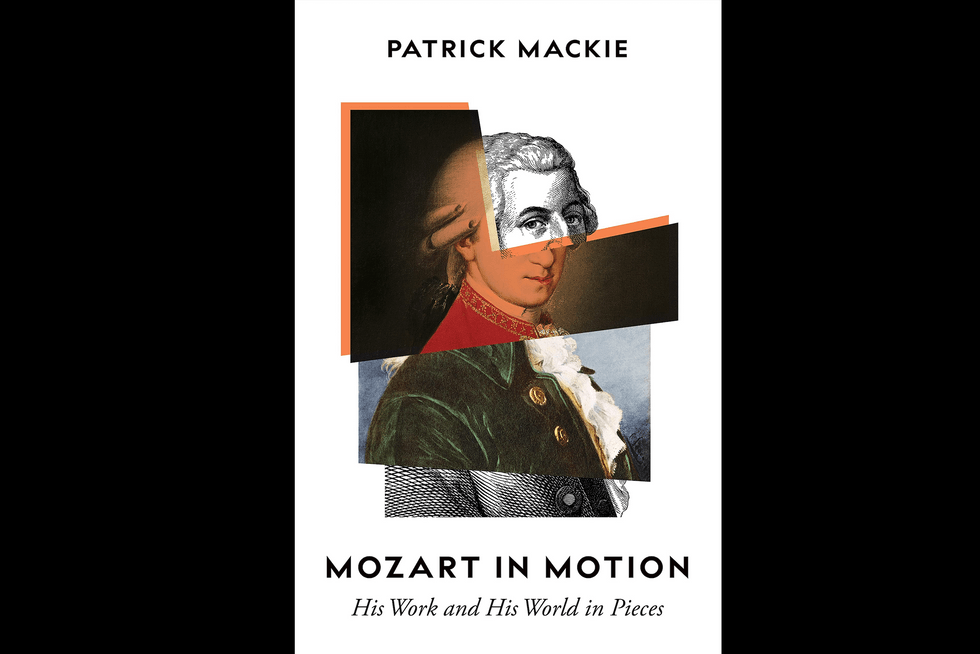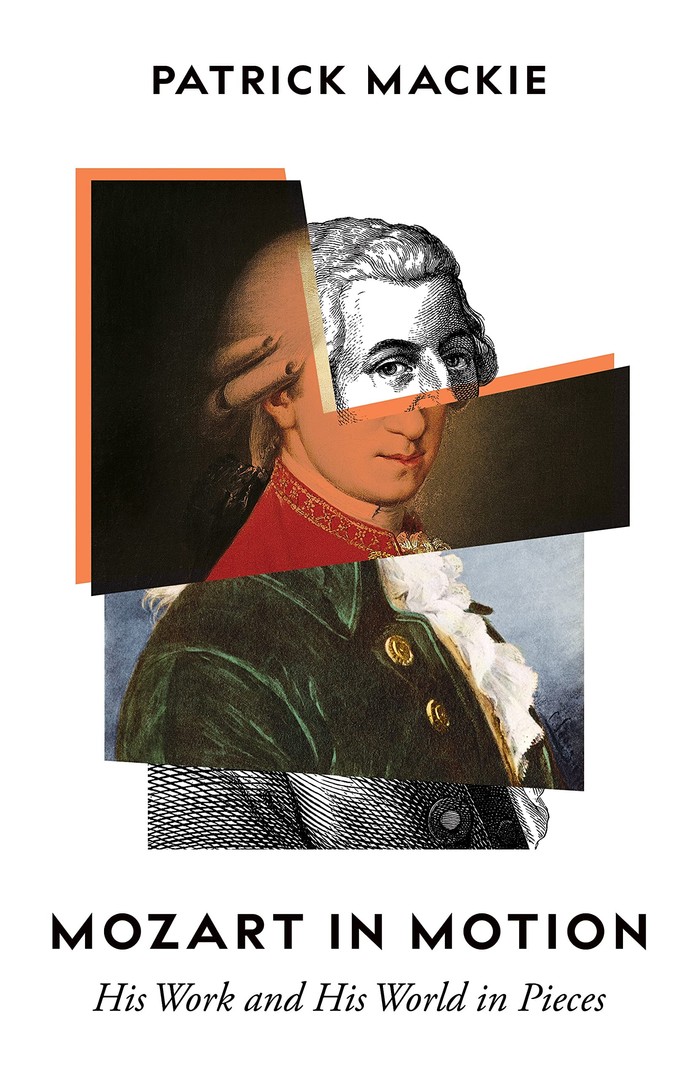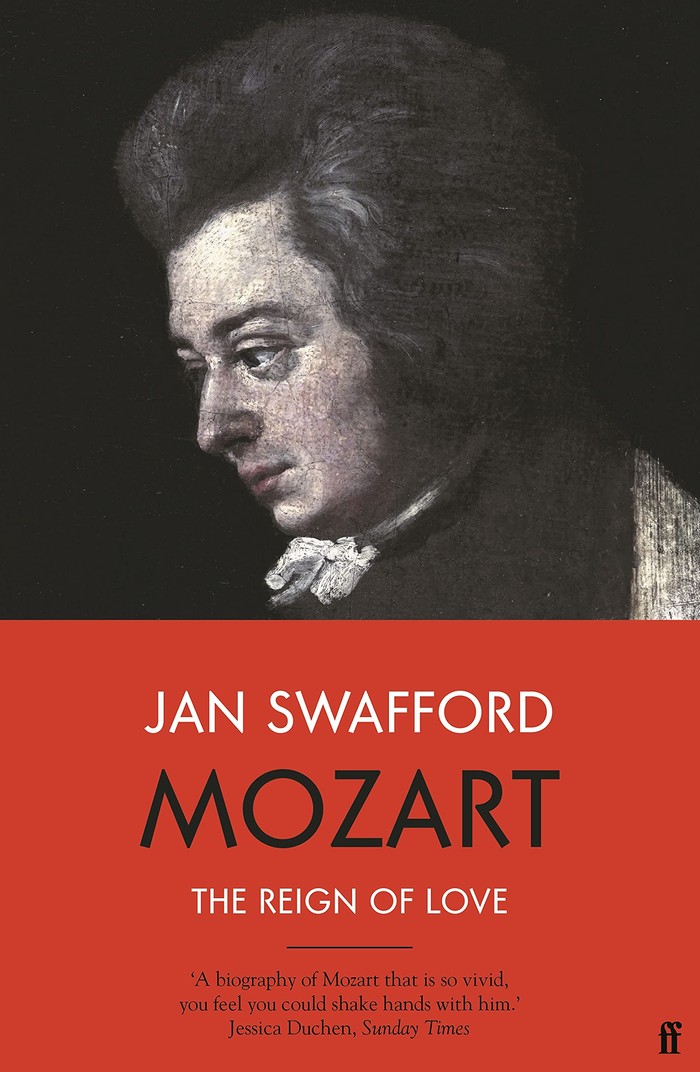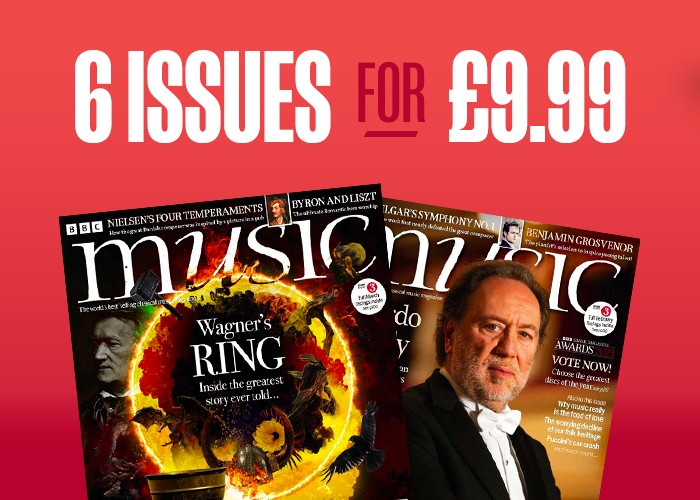Best books about Mozart
We pick out the best biographies about the great composer Mozart

Will we ever know the real Mozart? These fascinating books explore the great composer’s life and bring new insights into his world, inspirations and works, from his unconventional childhood to his untimely and mysterious death at the age of 35.
Best books about Mozart
Mozart in Motion – His Work and His World in Pieces

Reviewed by Jessica Duchen
Like Laura Tunbridge’s book Beethoven – A Life in Nine Pieces, Patrick Mackie’s exploration of Mozart and his world takes a particular piece as the focal point for each chapter, from Don Giovanni down to the piano sonatas. Some sections flare into flame particularly well: Mackie is at his best when exploring the Enlightenment, its philosophers and other facets of Mozart’s cultural hinterland.
For instance, he brings to vivid life the decadence of 18th-century Paris as it slides towards the Revolution, and offers an intriguing explanation for the Piano Concerto K271’s mid-finale minuet: a connection with Victoire Jenamy’s father, the choreographer Noverre.
Nevertheless, this book is as much about literary virtuosity as anything else (fair enough, since Mackie is a poet, not a musician) and sometimes the text’s verbosity tends to obscure its philosophical arguments regarding the music. Marmite-fond readers may relish the chance to muse on the nature of Mozart’s genius and of creativity itself in tracts that spangle occasionally nebulous concepts with verbal bedazzlement. Others might reflect that the composer would have been too busy working to think in such terms, and that he used never a note too many.
Mozart – The Reign of Love

Reviewed by Kate Wakeling
‘Who wants to read about a happy man?’ asks Jan Swafford in the introduction to his terrifically engaging new biography of Mozart. Certainly the Mozart conjured by those ‘mythmakers’ of the 19th century was an enthrallingly tragic figure, steeped in penury and neglect. Swafford, however, refuses to take the bait and having written acclaimed biographies of Beethoven, Brahms and Ives, declares Mozart to be the ‘sanest’ of the lot.
This biography is thus crucially low on drama: Mozart is presented as neither a revolutionary nor victim, but rather a ‘jolly and informal man’ who was ‘supremely fastidious’ in his music-making. Swafford’s gifts as a biographer mean that this warm-spirited account of an essentially ‘happy man’ could not be more engrossing.
More like this
Packed with musical analysis and meticulous historical research, the book is written with a wit, grace and compassion that well befits its subject. For Swafford, the enduring power of Mozart’s music lies in the composer’s profound understanding of the human condition and in his tremendous capacity for love: of music, of his wife and of ‘humanity in all its gnarled splendour’.
Mozart in Context

Reviewed by Anthony Pryer
The eminent scholar Simon Keefe is joined here by 22 others to take us on a tour of the latest insights into Mozart’s interactions with the wider world. Revised evaluations abound. Mozart did ‘not fall from favour’ in his last years, his death aged 35 was ‘not unusual’ for that era (Schubert died at 31), Salieri’s supposed hatred of Mozart (as portrayed in the film and play Amadeus) was actually directed at his librettist Da Ponte, not the composer, and female singers did not match modern voice production ideals because ‘corset wear’ constricted their diaphragms.
Importantly we learn that Mozart’s concept of the work was ‘more closely tied …to the act of performance’ than to a single text (see the various versions of the Piano Concerto K491). Sometimes the contributors disagree: for example, the Vienna chapter reports that his piano pupils were ‘invariably women’ whereas the ‘Instrumentalists’ section names two male students. This book is not simply a set of snapshots of Mozart from different angles, but a glorious grandstand view of 21st-century insights about him in his cultural settings.




